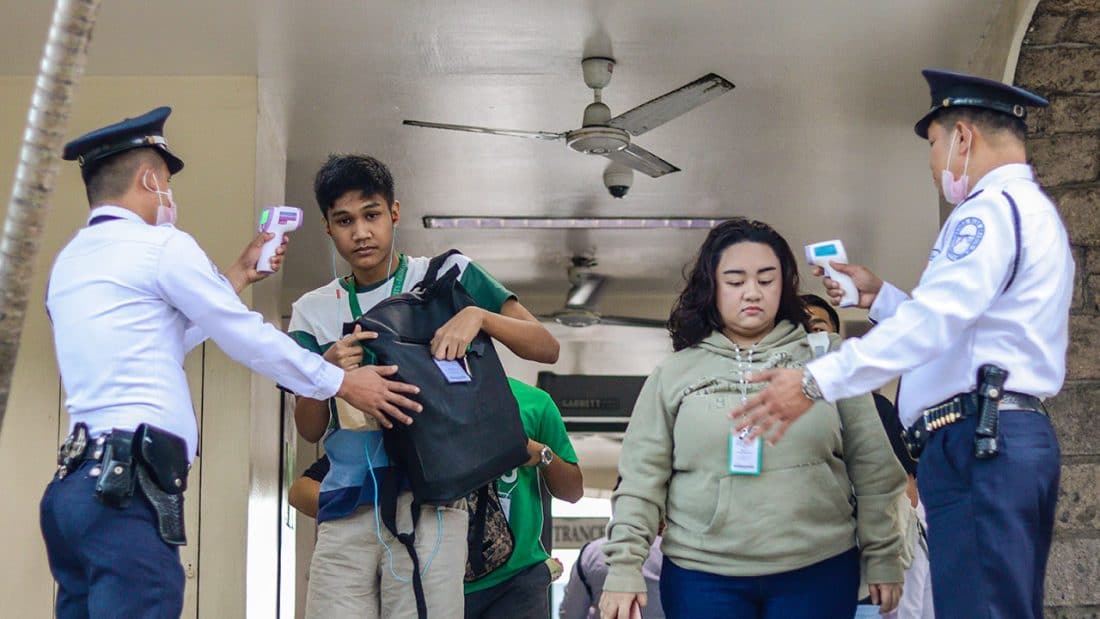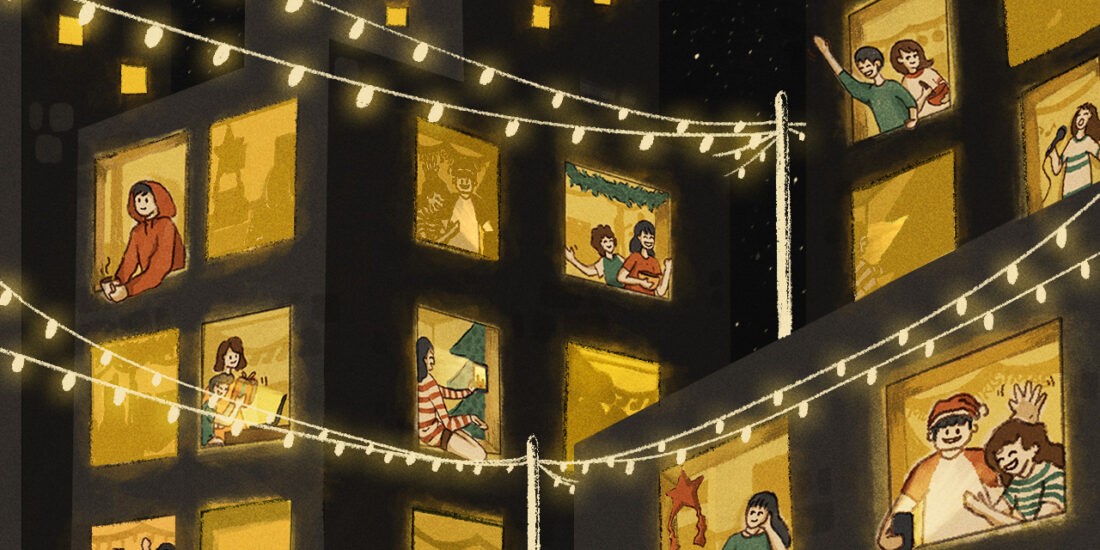What happens if denied entry to campus amid COVID-19
With the utilization of infrared thermometers in DLSU-D as a precautionary measure for the coronavirus disease 2019 (COVID-19) outbreak starting February 11, students and teachers disallowed entry into University are given consideration, as stated in a Learning Continues Plan released by Vice Chancellor for Academics and Research (VCAR) Dr. Marco Saez on February 12.
In the event that a professor is denied entry into the University, they should immediately inform their respective department chair (DC), where the DC will be finding a substitute or act as substitute, in case no other professor is available, the memo reads.
If there is no available substitute, the schoolbook is advised to be used, and the DC will relay the plan for the class of the disallowed professor.
Along with the maximizing online tools, VCAR also advised the students to “immediately communicate with the teacher via schoolbook or email,” once disallowed entry into the University. The student, however, will need to submit certification that they are clear from the virus or that they have been advised to stay at home for observation.
In the case of disallowed students and teachers who are asked for medical assistance and will not be able to attend classes, the same adjustment measures for substitution and online class utility will also be applied.
Starting February 11, the University has deployed a protocol for the usage of thermal scanners at all entry gates, where any individual who is found to have temperatures of 37.5 or higher are advised to seek medical assistance outside campus.
Meanwhile, following the heavy foot traffic during the first days of implementation of the thermal scanners in effect of the security protocol, students and professors who were late for their classes were given consideration from February 11 to 13. The guidelines are in response to the anticipation of heavy traffic and “might disrupt delivery of lessons in the classrooms.”




